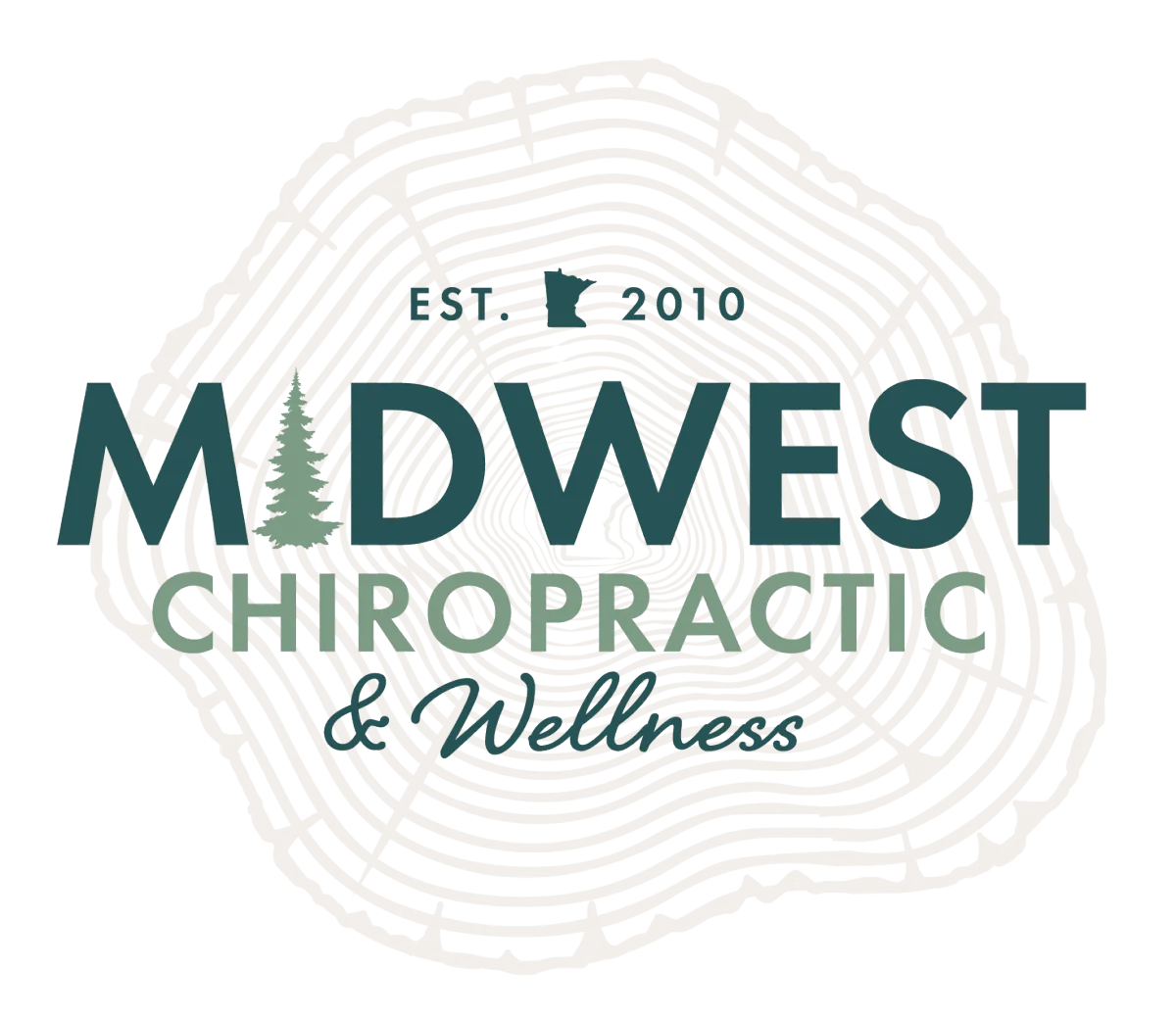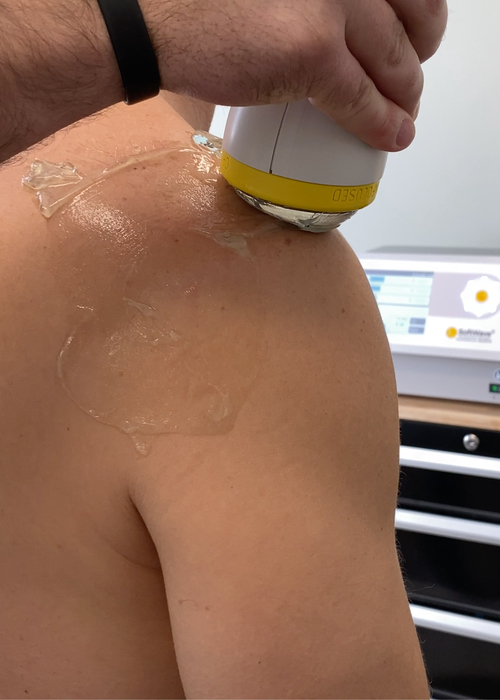The Science of Pain Relief
SoftWave is the MOST premium form of Shockwave Therapy available and is backed by over 230 scientific research studies and actual approval by the FDA for Long Term Pain Relief.
We leverage your innate evolutionary healing abilities
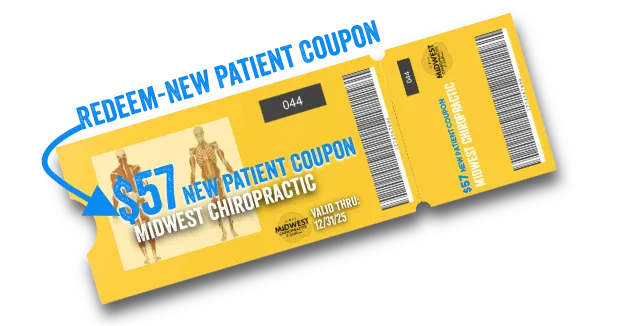
Over 230 Scientific Research Studies
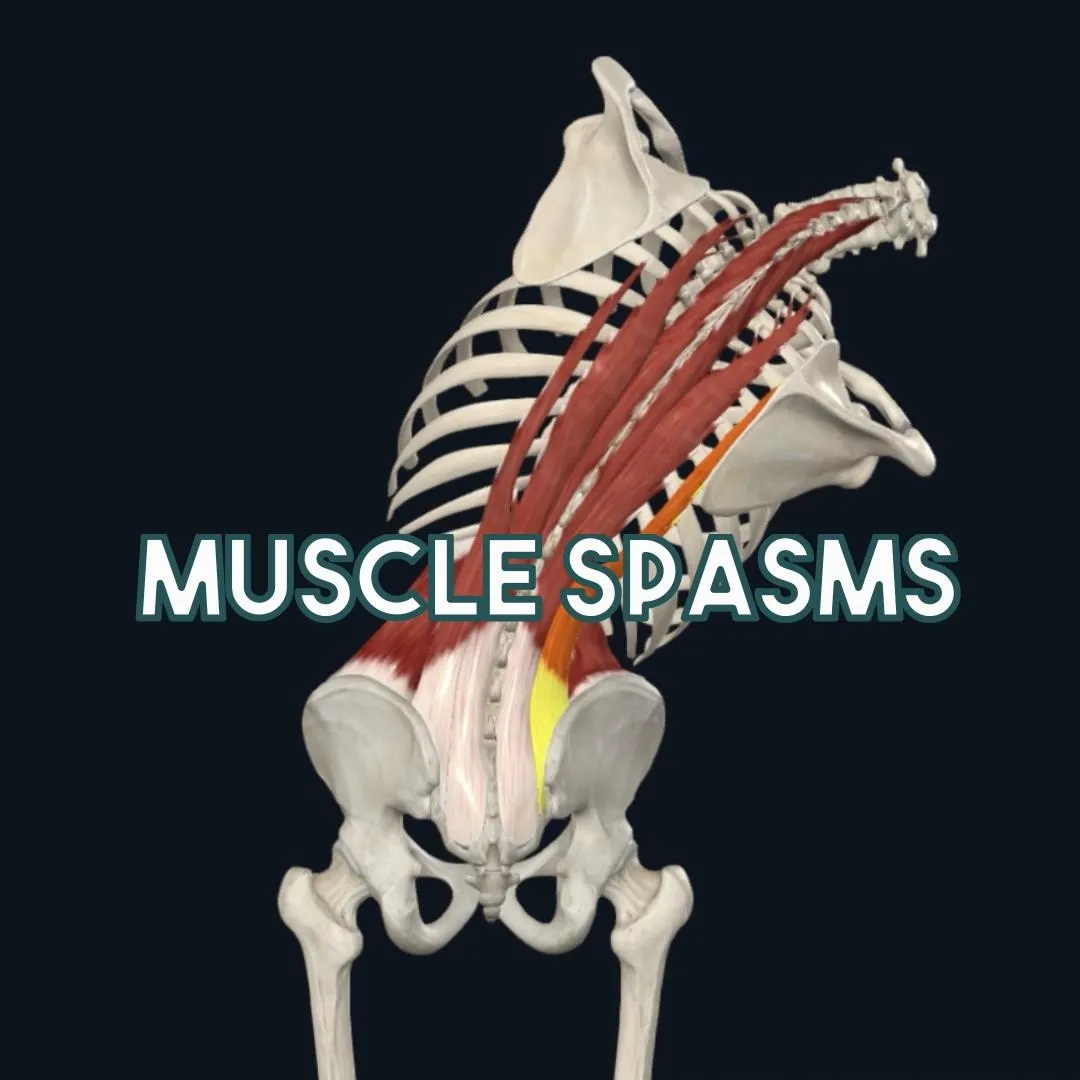
Published in
The Journal BioMed Research International
The Publication Date is October 2021
Effects of ESWT on Lower Extremity Muscle Spasms in Lumbar Degenerative Disease:
Read Study
The study investigated the effect of ESWT on lower extremity muscle spasms in patients with Lumbar Degenerative Disease (LDD).A total of 126 patients (51 male and 75 female participants) underwent ESWT from October 2017 to June 2019. The age of participants ranged from 34 to 84 years, with a mean of 62.27 ± 16.18 years.
Patients in the ESWT group had statistically significant improvements in pain relief and muscle function compared to the control group.
The study concluded that ESWT is an effective treatment method for lower extremity muscle spasms in patients with LDD. It significantly improves pain relief and functional ability. Compared to traditional conservative treatments, ESWT demonstrated better efficacy and was non-invasive, causing minimal discomfort to patients.
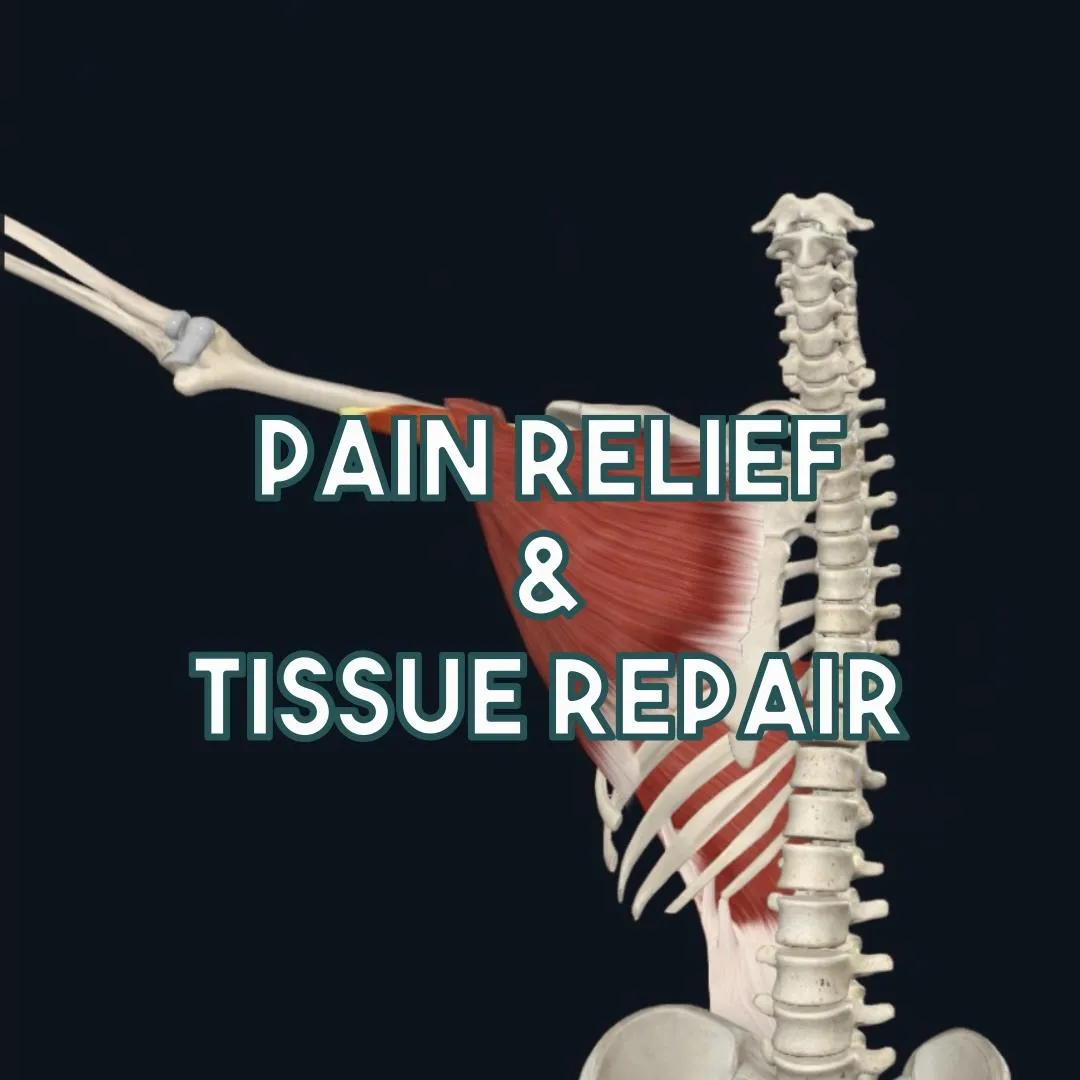
Published in
The Int Journal of Medical Science in Clinical Research and Review
The Publication Date is July-August 2024
Pain Modulation and Endogenous Pain Control & Influence on Growth Factors and Cytokines:
Read Study
Pain Modulation and Endogenous Pain Control:
The pain-relieving effects of ESWT are partly attributed to its impact on pain pathways. Shockwaves can modulate the release of pain- mediating substances, such as prostaglandins and cytokines, and influence neural mechanisms involved in pain perception. Additionally, ESWT may activate endogenous pain control systems, including the release of endorphins and activation of descending inhibitory pathway [216] Page 832.
Influence on Growth Factors and Cytokines:
ESWT modulates the release of growth factors and cytokines that play a role in tissue repair. Increased levels of growth Factors such as transforming growth factor-beta (TGF-B) and platelet-derived growth factor (PDGF) have been observed following ESWT, supporting the healing process. Additionally, ESWT reduces the levels of pro-inflammatory cytokines, thereby decreasing inflammation and promoting tissue recovery [17] Page 282.
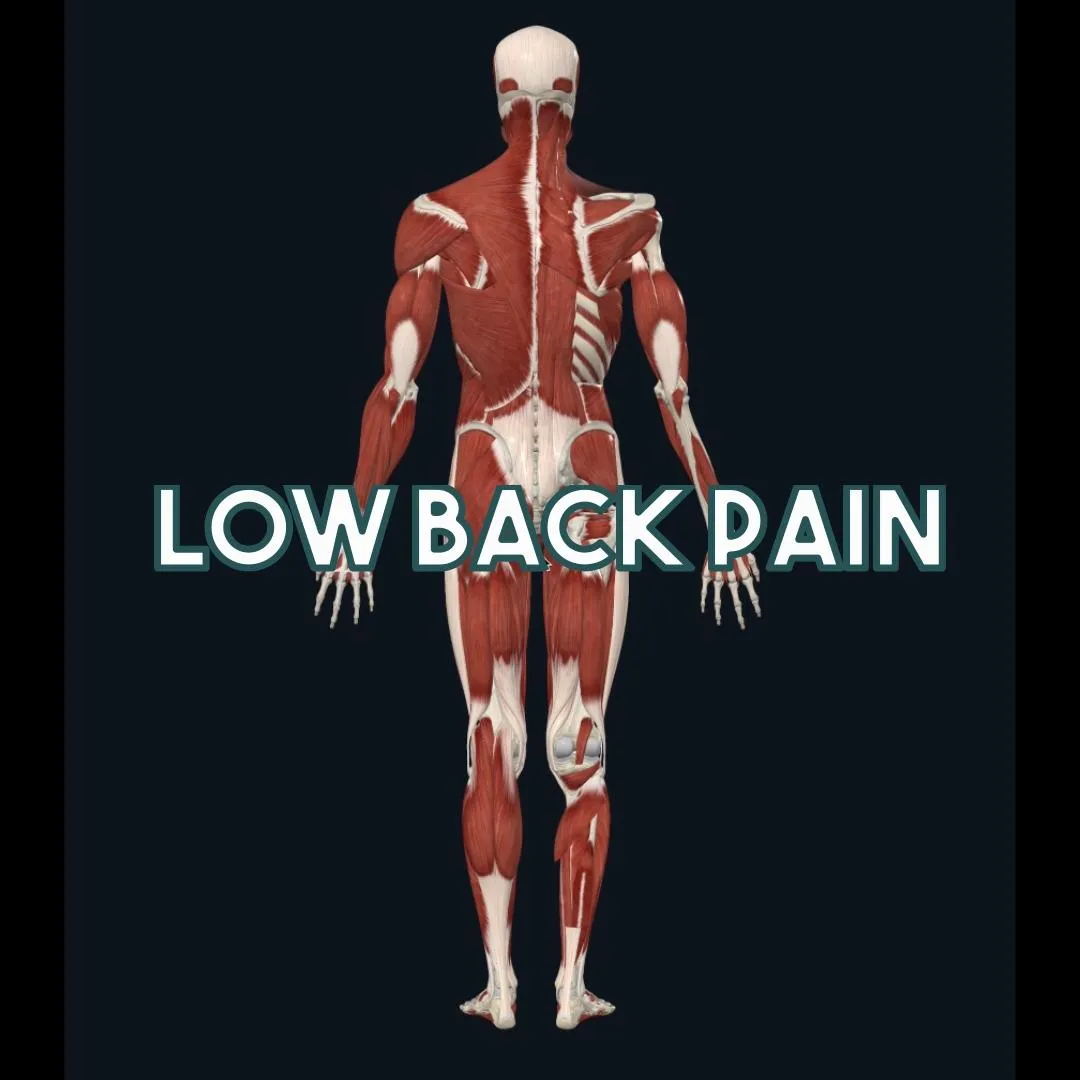
Published in
The Journal of Physical Therapy Science in 2014.
The Publication Date is February 2014
Effects of ESWT on Low Back Pain:
Read Study
Low back pain is the second most common ailment suffered by adults, surpassed only by the common cold. It is recognized not only as a health problem but also as a social problem, because it is the most frequent cause of absenteeism among office workers. In modern industrial society, the number of low back pain patients has been gradually increasing due to sedentary lifestyles with little exercise.
The present study was conducted with 28 patients (9 males, 19 females). hey were classified by neurosurgeons as having chronic low back pain because their low back pain persisted for 12 weeks or longer. The study subjects were divided into an ESWT group and a control group.
In the VAS comparisons within the groups of chronic low back patients, the ESWTG and the CPTG showed significant improvements to their chronic low back pain patients and dynamic postural balance after the intervention. The VAS comparison between the groups after the treatment indicated that the ESWTG showed a significantly larger improvement. Previous studies have also reported significant pain relief and functional improvements with ESWT.
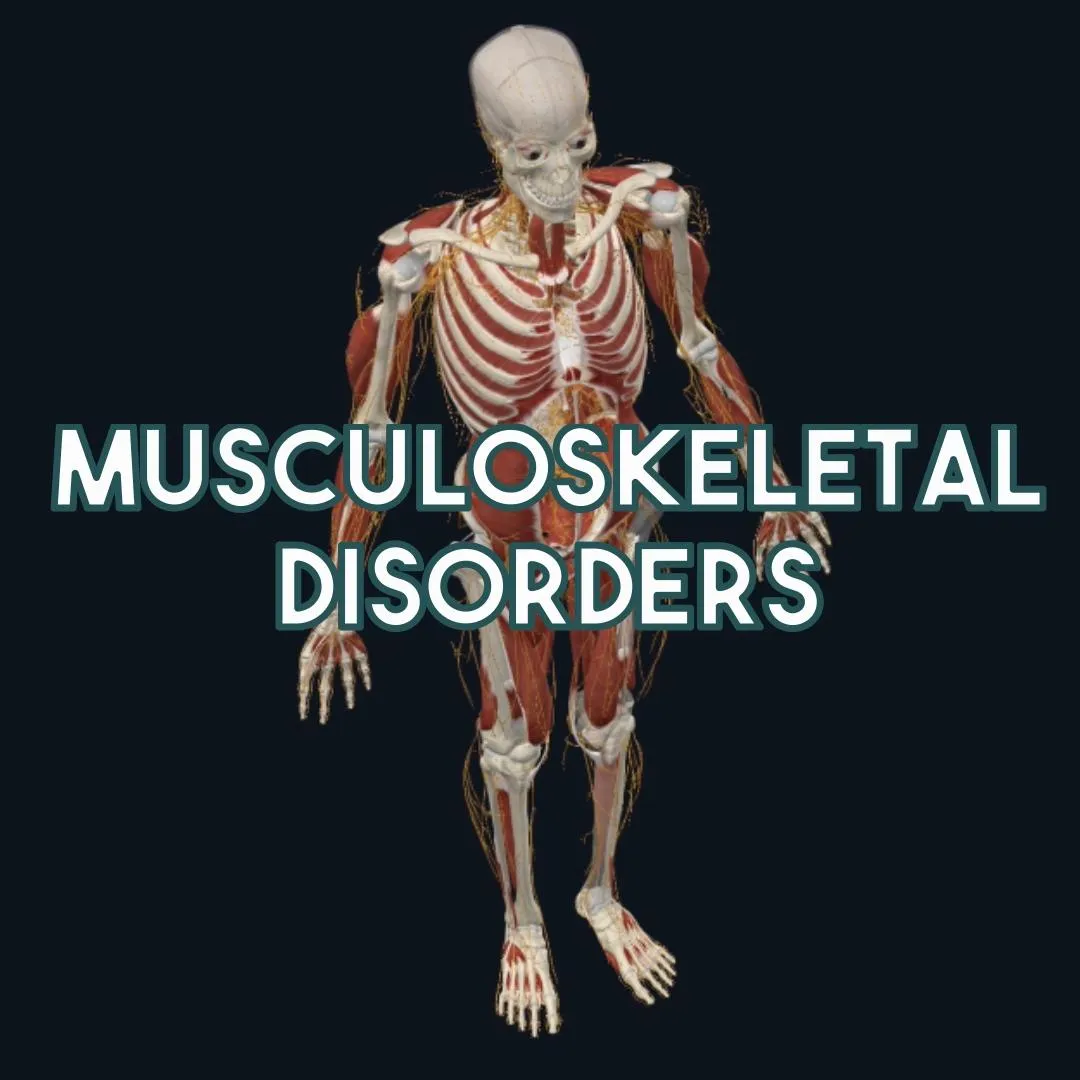
Published in
Int Journal of Medical Science in Clinical Research and Review
The Publication Date is July-August 2024
A Comprehensive Review of ESWT in the Management of Musculoskeletal Disorders:
Read Study
This study reviews the efficacy, mechanisms, and clinical applications of ESWT in treating musculoskeletal disorders. The review synthesizes evidence from randomized controlled trials and meta-analyses, assessing ESWT’s impact on conditions such as plantar fasciitis, tendinitis, and shoulder impingement syndrome.
The study explores how ESWT compares with traditional treatments like physical therapy, corticosteroid injections, and surgery. Findings indicate that ESWT significantly reduces pain and improves functional outcomes in various musculoskeletal conditions. Mechanistic insights suggest that ESWT promotes collagen synthesis, angiogenesis, and pain modulation, leading to enhanced tissue repair.
The review concludes that ESWT is a valuable, non-invasive treatment alternative for musculoskeletal disorders, offering effective pain relief and functional recovery.
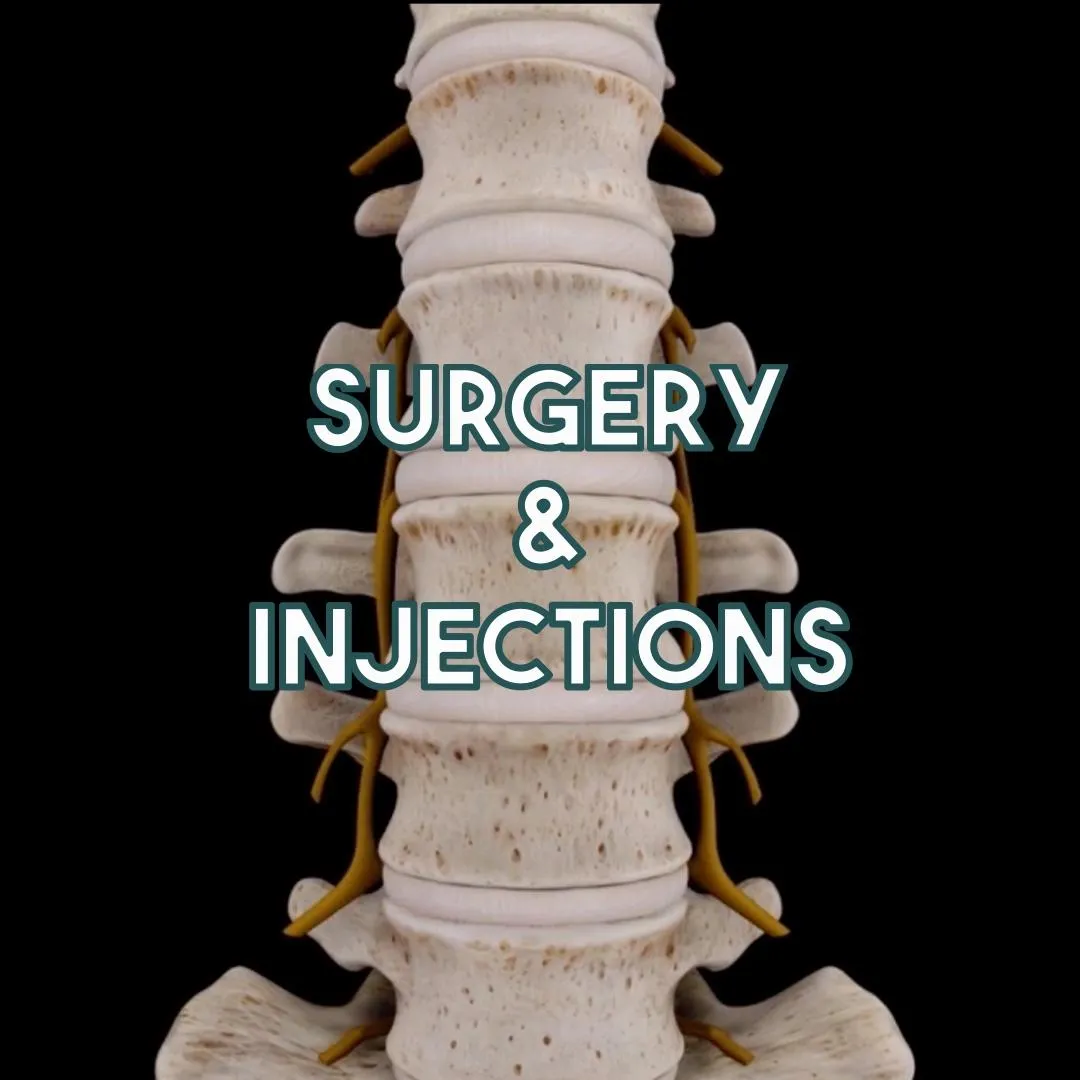
Published in
The Int Journal of Medical Science in Clinical Research and Review
The Publication Date is July-August 2024
ESWT vs. Corticosteroid Injections & ESWT vs. Surgical Interventions:
Read Study
ESWT vs. Corticosteroid Injections:
EWT is generally considered a safer alternative to corticosteroid injections, which carry risks of side effects such as joint damage and systemic effects. Clinical trials have shown that ESWT can provide comparable pain relief and functional improvement without the potential adverse effects associated with corticosteroids[23] Page 833
ESWT vs. Surgical Interventions:
In some cases, EWT has been used as a non-surgical option before considering invasive procedures. While ESWT may not always replace the need for surgery, it can be an effective conservative treatment that reduces the need for more invasive interventions. [24] Page 833.
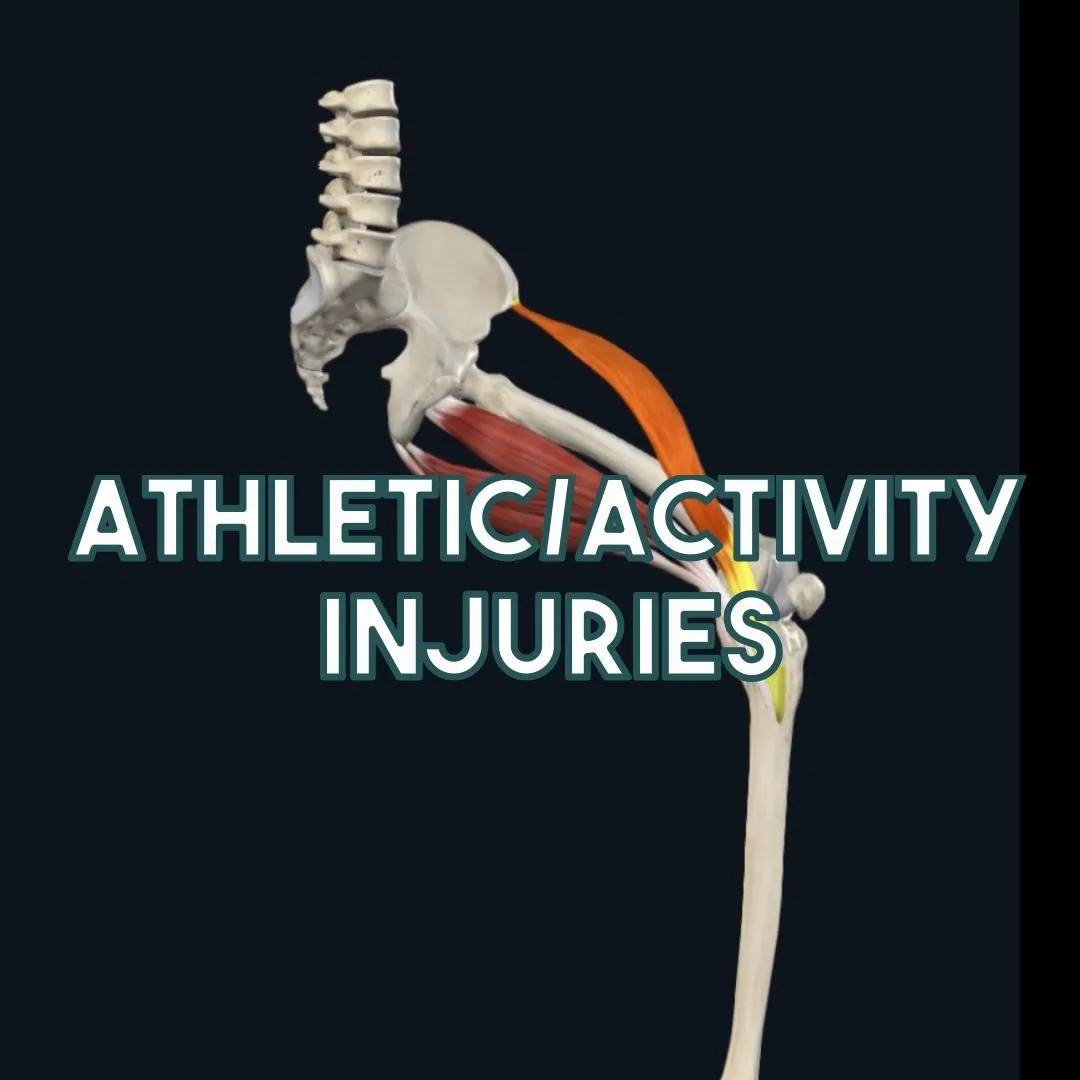
Published in
Int Journal of Medical Science in Clinical Research and Review
The Publication Date is July-August 2024
Use of ESWT for Physically Active Individuals & Athletes:
Read Study
56 studies with 1,874 athletes or physically active individuals were included. Studies were classified based on the Oxford level of evidence rating.
Based on the level I studies, ESWT was found to be effective as a non-invasive option for treating conditions such as rotator cuff tendinopathy, lateral epicondylopathy, achilles tendinopathy, plantar fasciopathy, bone stress injuries, lateral epicondylitis, medial tibial stress syndrome and proximal hamstring tendinopathy.
ESWT was found to significantly reduce pain and improve functional outcomes, particularly when combined with physical therapy. ESWT may offer an efficacious treatment option for sports-related injuries when used alone or in conjunction with concurrent exercise therapy, with minimal adverse effects.

